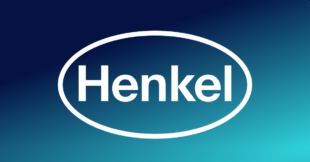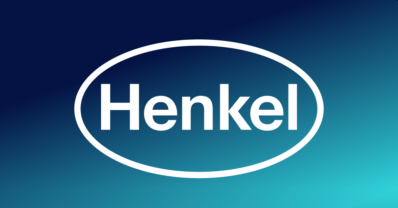The Customer:
A major manufacturer of commercial vehicles, specializing in heavy trucks and buses, with approximately 50,000 employees worldwide. As a large and historically decentralized organization, the manufacturer has cultivated a culture of modularity and domain autonomy that extends to their data infrastructure. This decentralized approach, while valuable for innovation, presented significant challenges when the company embarked on their cloud migration journey.
The Challenge
As the manufacturer pursued a cloud-first strategy, each business domain independently migrated to different cloud platforms—Snowflake, Databricks, SAP, Azure, and AWS. While aligned with their decentralized culture, this led to data silos across platforms, limited discoverability of existing data assets, as well as fragmented data access and governance.
“Due to us being a fairly large but also a fairly decentralized company, we saw different parts of our company move to different cloud providers based on their needs and where their specific competencies lie, We were tasked with trying to navigate and solve issues pertaining to vendor lock in and the lack of data discovery through the platform silos” explains a, strategy manager for the data mesh initiative at the manufacturer.
With growing demand for analytical data—from BI reporting to AI initiatives—the manufacturer needed a new approach. One that respected domain autonomy while enabling standardized governance, easily leverageable data products , and seamless self-service.
The Solution
To address these challenges, the manufacturer embraced a data mesh/ lakehouse architecture, with Dremio’s Intelligent Lakehouse Platform as the foundation. Their implementation focused on enabling business domains to treat their data as products while ensuring these products were discoverable, accessible, and secure across the enterprise.
The manufacturer selected Dremio as the cornerstone of their data strategy because it provided a unified access layer that could bridge their multi- cloud environment while reducing data movement costs and complexity.
Rather than forcing teams to abandon their existing cloud platforms, the manufacturer implemented a solution that allowed domains to maintain their autonomy while ensuring consistent data access patterns.
“We positioned Dremio as the default platform for self- service analytics in general because there is a very wide consumer base that isn’t very mature in the cloud or hasn’t adopted a specific technology,” notes the strategy manager.
The implementation involved several key components:
First, the manufacturer standardized on Apache Iceberg as their table format, because of its openness, performance and manageability and leverages AWS Glue as the metastore. This provides a consistent foundation for data sharing regardless of source systems. When onboarding new domains, the manufacturer provides self-service pipelines leveraging Dremio as a proxy to write data into Iceberg in AWS Glue, either within a domain’s own AWS account or through a tactical account provided by the centralized data team.
Second, they implemented a custom data product marketplace called “Withboost,” which serves as a governance engine and data discovery platform. This marketplace enables business domains to build, define, and publish data products in a unified environment, making them easily discoverable for consumers.
Most importantly, Dremio functions as the default consumption layer for all data products, allowing the manufacturer to abstract away the technical complexities of where data originally resided. This provides an easy data access and analysis experience for business units across the organization, regardless of their technical expertise or which cloud platforms they’re familiar with.
Results
Dremio’s Intelligent Lakehouse Platform is the foundation of the manufacturer’s data mesh implementation, delivering substantial business benefits across the organization.
The most immediate impact was dramatically improved onboarding of new data and domains for analysis. The manufacturer now brings new domains into their data mesh in just 40 minutes, a process that previously could take weeks when managing separate access across multiple cloud environments. That is a 500x improvement in onboarding time!
The solution has also delivered significant cost savings compared to traditional data sharing approaches. By leveraging Dremio’s architecture to separate storage from compute as well as eliminating the need to duplicate and move data as well as create and maintain complex pipelines, the manufacturer dramatically reduced costs as their consumer base grew. There’s no need to copy data between environments or maintain redundant infrastructure, as all data sources are automatically available through Dremio.
Business domains can now easily discover data products across the organization through the unified marketplace. For example, “When BI developers in the Netherlands need access to data from Sales and Marketing, they are guided to Withboost where they can find the data product, request access, and immediately start building reports. Similarly, a central IT group working on early quality warning systems for vehicles gained seamless access to critical data presented as a data product.” says the strategy manager.
The implementation has been particularly valuable for the manufacturer’s high-impact domains such as the macro data management system, retail analytics within Sales and Marketing, and Connected Analytics. These early adopters served as “torch bearers” in the data mesh journey, demonstrating the value of the approach to other business units and driving broader adoption.
“The alternative, without having a unified marketplace with data products that are owned, is that you have these silos of data platforms,” explains the strategy manager. “It’s all about making it as easy as possible for the different analytics users to be able to discover data that we have at our company so that they can produce value.”
By implementing Dremio as their foundation, the manufacturer has created a powerful but flexible architecture that balances domain autonomy with enterprise-wide data governance, setting the stage for continued innovation and growth across their global operations.





